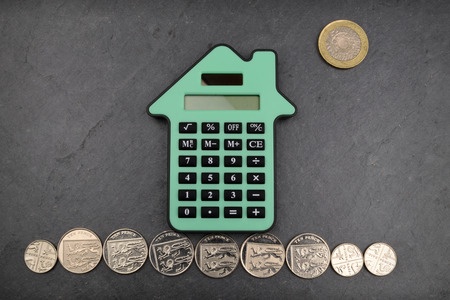
Owning a second home can come with a variety of tax benefits, depending on how you plan to use the property. Whether you’re going to rent it out to a vacationing family or hoping to simply spend your weekends at a new beach house, it’s important to understand the tax rules that apply to each option before buying. Here’s what you need to know:
Buying A Second Home for Personal Use
When you purchase a second home solely for personal use, then interest on the mortgage is deductible like the mortgage on your first home. More specifically, you can currently write off 100 percent of interest paid on up to $1.1 million of debt on your first and second homes combined, whether the money is used to purchase or improve the properties. Of course, this could be subject to change in the future, as President Trump works toward solidifying his new tax plan.
Property taxes can be deducted on your second home as well. In fact, this can be applied to as many properties as needed.
Buying A Second Home For Rental Purposes
Although the tax rules are a bit more complicated if you’re buying a second home for rental purposes, this option has become very popular for homebuyers. You should prepare for taxes based on the number of days you expect to be renting out the property.
- 14 days or less: You are permitted to rent out your property for a maximum of 14 days without reporting the income to the IRS, no matter the rental price you charge. When you stay within this limit, your residence is still considered personal so you can deduct mortgage interest and property taxes like you would if you purchased a second home for personal use. As mentioned before, the tax deduction rule could be subject to change in the future.
- 15 days or more and spend less than 14 days at the property: When you rent out your property for 15 days or more and spend less than 14 days at the residence, then it is considered a business. As a result, all income must be reported to the IRS and up to $25,000 in losses may be deductible every year. It’s important to keep track of the days you use the property for personal use, as the tax benefits differ quite drastically depending on this distinction—and fixer-upper days do NOT count as personal use.
- 15 days or more and spend more than 14 days at the property: If you use the property for more than 14 days a year then the property is still considered a personal residence. This means the maximum $25,000 in losses each year will not be deducted.
We understand that the tax rules can get a little confusing, so make sure to contact your local tax advisor or CTA for any clarifications. For more information about second home financing options, contact one of our mortgage specialists today.


